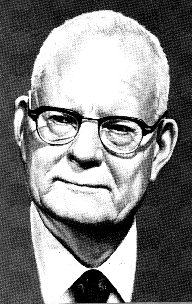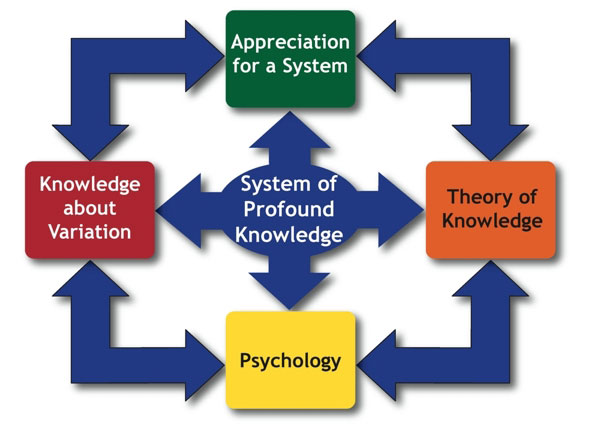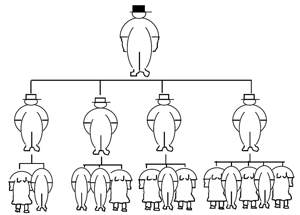What is Quality Learning?
A time-tested approach to improvement
Many organisations go through wave after wave of reform, with the aim of improving. Leaders, researchers, policy makers and practitioners are constantly looking for ways to improve.
One of the key thought-leaders of the last century in improving quality in organisations was Dr W. Edwards Deming (1900-1993). Deming supported the improvement efforts of many hundreds of organisations.
He developed a deep understanding of what is required to achieve high quality and improving performance, and distilled this knowledge into a comprehensive theory for improvement. Deming called this a System of Profound Knowledge. The System of Profound Knowledge provides a framework for organisational improvement.
This improvement theory informs Quallity Learning and continues to be affirmed by the work of today’s leading thinkers and practitioners. It is applied by organisations the world over.
(Learn more about the origins of Quality Learning.)

(Learn more about Dr Deming’s System of Profound Knowledge and the principles of Quality Learning.)
(Learn more about Appreciation for a System, Theory of Knowledge, Knowledge about Variation and Psychology.)
Unlike many models, this theory for improvement comes with a comprehensive ‘how to’ - a set of practical tools and methods that bring it to life.
Our aim is to help you to understand the relevance of the improvement theory and how to apply it in your context.
Working together to improve
Stakeholder collaboration is key to improving any organisation.
Collaboration between the leaders of the organisation and those on the 'front line' - the workers - is essential.
Another major contributor to the theory of improvement was Dr Myron Tribus. In his remarkable paper, The Germ Theory of Management, Myron pointed out that in many organisations, workers are asked to ‘leave their brains at the gate’ – to 'just come in and do what you are told to do'. He used the following diagram (right) to illustrate this, and warned:
Only the people working IN the system know what is going wrong and creating waste.
Only the managers working ON the system, have the authority to change it.

In schools, we believe this same model continues to represent a hidden assumption in the heads of many educators and educational leaders. (Where our students are 'the workers', and 'the managers' are the teachers, principals and administrators...)
If we wish to make breakthrough improvement in our schools and school systems, we must make time to work on the system of learning, to continually improve it, with the help of our students.
Only the students working IN the system
know what is going wrong and creating waste.
Only the teachers, principals, administrators,
working ON the system, have the authority to change it.
Myron Tribus, Will Our Educational System Be The Solution or the Problem?, (1998)
This is true student voice.
We can begin by asking our students:
What is getting in the way of your learning?
Similarly, as school or system leaders, we can begin by asking the people we work with:
What is getting in the way of doing a great job?
What is causing frustration and wasted effort?
Quality Learning tools and methods help us to do this. At QLA our focus is on building your capacity to work together with all stakeholders to continually improve.
Learn more about Quality Learning in education.
Learn more about Quality Learning tools.
(Dr W Edwards Deming picture source: http://en.wikipedia.org/wiki/W._Edwards_Deming#Quotations_and_concepts)
